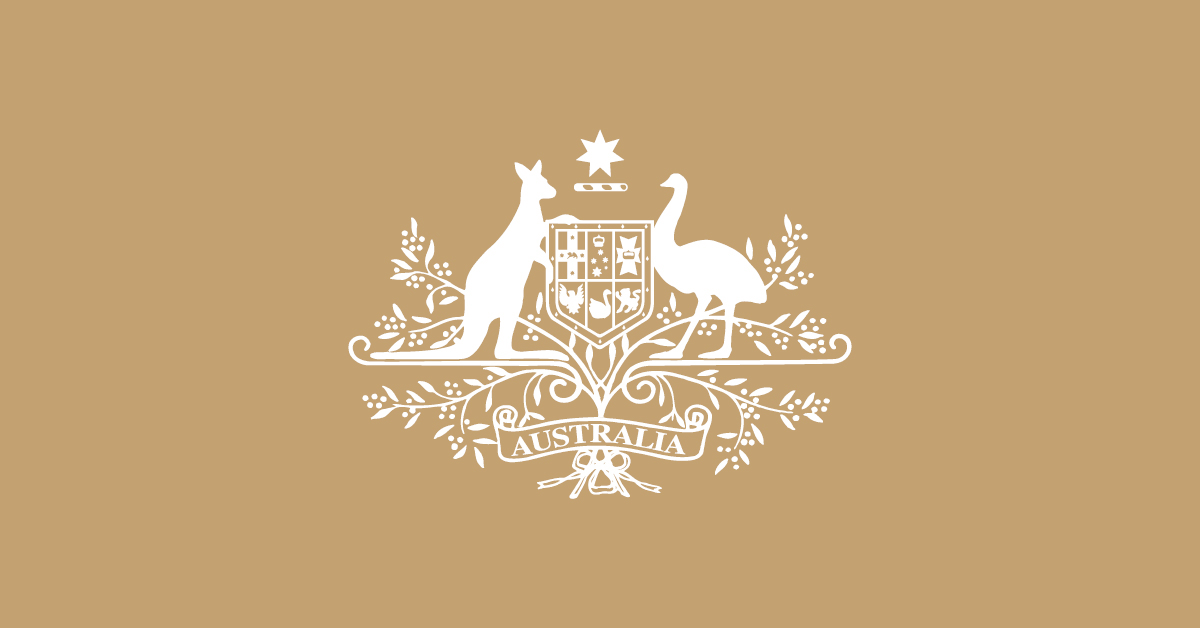
Interview – Sky News NewsDay with Kieran Gilbert
Topics: Unemployment rates, Cost of living pressures, the G20 budget.
KIERAN GILBERT, HOST: Live in the studio is the Minister for Skills and Training, Minister Brendan O’Connor. Thanks for your time. That number today, what do you, what do you make of it? There are 6000 less jobs, but still not as high as what most people and economists had predicted.
BRENDAN O’CONNOR, MINISTER FOR SKILLS AND TRAINING: Yeah, well the Treasury’s forecast for unemployment rate was forecast to be higher than it is now. And we’re pleased, of course, 780,000 new jobs since the election of the Albanese Government, the record for any government in a two-year period or less. So, we’re very happy that we’re seeing people employed. The economy’s ticking over. Well, inflation is moderating and that’s a good thing. And of course we want to make sure that we continue to deliver to Australians, including providing cost of living, easing cost of living pressures where we can. And of course, right now, Kieran, we’re in the process, the Treasurer and the Finance Minister and others are in the process of forming the next Budget to be announced in a month. And a lot of work’s been obviously put into that so that we can continue to manage the economy well.
GILBERT: Is it possible that you can get that soft landing where unemployment stays at these really record lows, but inflation does get back into the target band.
O’CONNOR: I think there are indicators showing the economy softening. Ultimately it’s up to the Reserve Bank to make a decision in relation to rates. However, I’m sure they’ll be under, they’ll be considering that. There are signs of the economy softening. But again, we welcome any unemployment figure in our circumstances where we have a three in front of is a good thing. We want to see people gainfully employed. Real wages-
GILBERT: But we also want to see rates cut.
O’CONNOR: But we don’t, we don’t want to sacrifice workers to see that, but what we want to do is manage the economy. I think there are signs of some softening, but inflation most importantly is moderating and you’re seeing unemployment maintained relatively low. That’s good. And ultimately the Reserve Bank will make the decision in relation to rates and I’m sure they’ll think about that very carefully because people of course are finding things in finding it tough and we want to make sure we can ease that pressure that’s on household budgets.
GILBERT: Yes. So, while many economists would say the unemployment rate needs to be higher for the RBA to move, you’re not in a position and you could never be in a position where you’re cheering on job losses. That’s the fundamental point, isn’t it?
O’CONNOR: Yeah and I think there’s a revision on the orthodox view that you have to see unemployment rise to see interest rates fall. I think the Reserve Bank will take into account a series of factors across the economy and obviously ultimately they’ll make that decision. But what we’ll do as a government is continue to manage it. Obviously we believe that surplus is within our reach, but it’s something that’s not easy. We’ve delivered the first surplus in this country in 15 years, and I know the Treasurer and the Finance Minister, Prime Minister and others are working hard to make sure we manage it.
GILBERT: The IMF just released its fiscal monitor, which had the government up to second now, in terms of the G20 and the strength of the bottom line. But when, you know, when you’ve got a strong bottom line, there’ll be a lot of pressure on the Government to deal with other things like the jobless payments, the unemployment benefits, things like student debt, those matters. There’ll be pressure on the Government to say, do more on cost of living, particularly those with the least.
O’CONNOR: There’s always pressure on governments, understandably, for people who might be doing it tough, but we weigh up everything in the national interest. And for example, I think we’ve done well in providing relief, whether it’s been energy price relief, whether it’s been cheaper medicines, fee-free TAFE in my portfolio, we’ve removed cost barriers to education and training. You know, those things are important, but we’ve done it in a way having regard to making sure there was no overall impact on inflation adversely. And I think we’ve managed that well. And as you say, the IMF has come out and said we are now we’ve moved from 14th to second amongst G20 countries in terms of managing budget. That was because $100 billion turnaround at the last budget. Things are not as easy. I think things are tough and challenging, but I do think we’re working well to continue to manage the economy.
GILBERT: But the IMF is also warning about nations like ours so dependent on China to continue to shore up your balance, the bottom line of the budget, because if China goes off, which is a real chance that that will continue over the next 12 to 24 months, the Government needs to have that in place for a rainy day, a bit of a buffer.
O’CONNOR: And we take into account all of those things, the effects on revenue, the impact on decisions we make that may impact on inflation, all of those things are taken into account. And of course, in a month’s time, you see us deliver a budget and I think we’ll do very well.
GILBERT: I know you’ve got to get a plane. We’ll let you go. Minister for Skills and Training, Brendan O’Connor. Appreciate it.
O’CONNOR: Thanks again.

